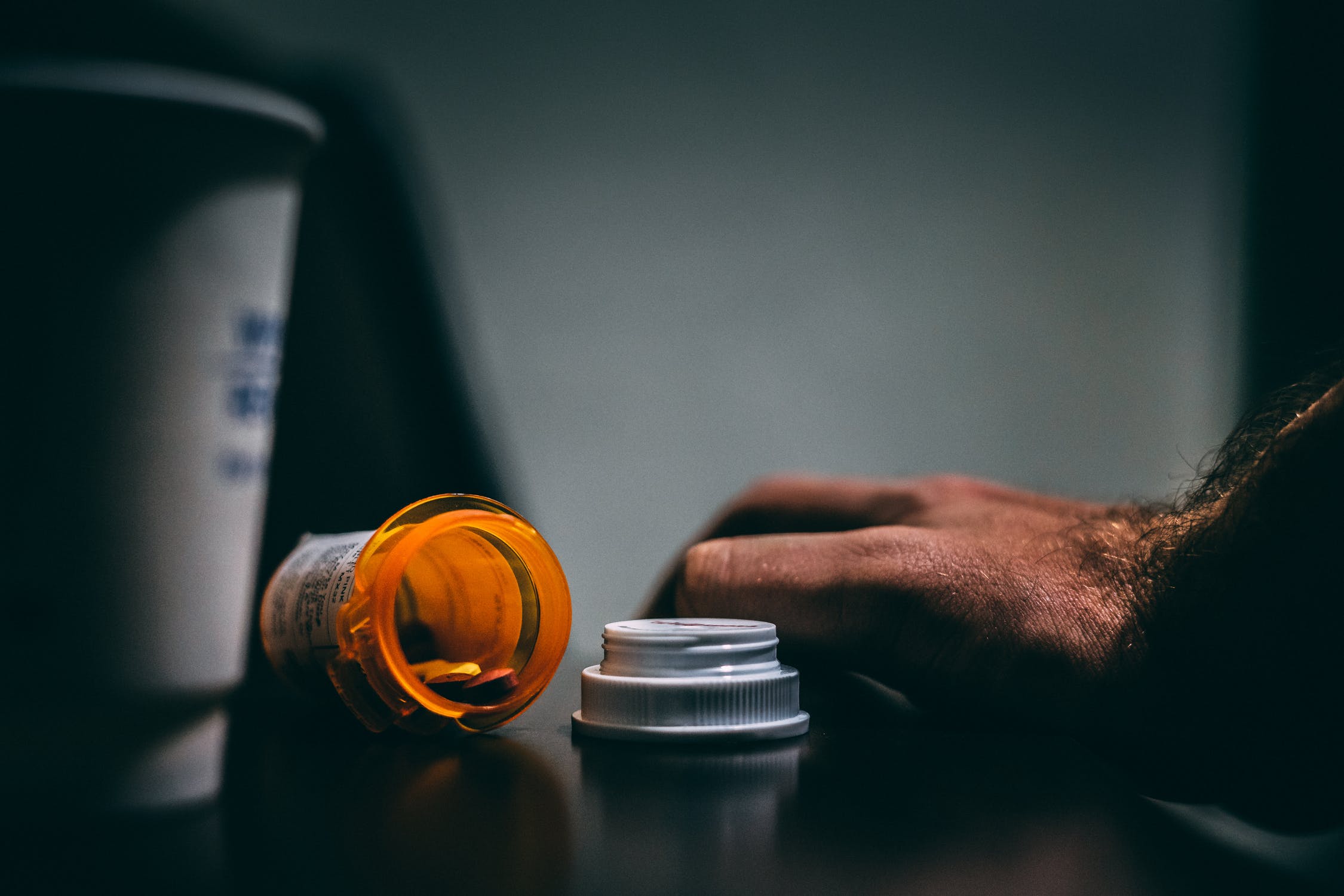
The opioid epidemic has been declared a national health crisis. Every day, approximately 130 people overdose on opioid drugs. Treating opioid addiction is challenging, but not impossible. With addiction, tailored and customized, long-term treatment plans are crucial to maintaining sobriety. For many recovering addicts, a combination of individual therapy, support groups, and pharmacological approaches to addiction is ideal. Several medications are being used today to help those in recovery from opioid addiction. These medications can block opioid receptors and reduce cravings for drugs. One of the most common is called Suboxone, an opioid substitute. Unfortunately, Suboxone is not 100% safe, and Suboxone addiction is a risk.
What is Suboxone?
Suboxone is highly regulated, prescription medication given to people in recovery from prescription opioid and heroin addiction. Suboxone is a partial agonist, meaning when it is taken, it partially activates the brain’s natural opioid receptors. This can lower cravings for opioids, and also reduce certain withdrawal symptoms associated with opioid cessation. Unfortunately, when someone dissolves Suboxone in water and then injects the drug, the chemical structure of the drug is changed. This turns the medicine into a full opioid agonist. Injecting dissolved Suboxone can produce a euphoric high.
When Suboxone was first prescribed in 2002, it was not thought to be addictive or habit-forming, but that wasn’t true. Suboxone can cause physical, behavioral, and emotional symptoms of addiction. Other side effects from Suboxone misuse include:
Misusing Suboxone will increase the risk of someone becoming addicted to the medication. Taking too much Suboxone will cause tolerance and physical dependence on the drug to develop quickly, and withdrawal symptoms will occur when someone cuts back or abruptly quits taking Suboxone. Withdrawal symptoms include:
If someone is attempting to withdraw and detox from Suboxone, it is recommended that they do so with a tapering off protocol, under the supervision of a doctor specializing in addiction treatment.
What are the signs of Suboxone addiction?
Addiction impacts someone on a physical, behavioral, and emotional level. Drugs can permanently change a person’s brain chemistry and drastically change their personality. In the early stages of Suboxone addiction, it’s not always easy to identify that someone is addicted to the drug. As things progress, the signs of Suboxone addiction become apparent.
Suboxone withdrawal symptoms
Physical Symptoms of Suboxone Addiction
If someone becomes physically dependent on Suboxone, withdrawal symptoms will occur within a few hours to a few days after the cessation. Without medical intervention, it is difficult for many people to go through the withdrawal process cold-turkey.
Emotional Symptoms of Suboxone Addiction
When Suboxone is used correctly, under a doctor’s care, the medication can do wonders to help people in recovery from opioid addiction, but if misused, it can be dangerous. People who use Suboxone in a way not intended, they risk overdosing on the drug. Suboxone can suppress respiratory rate when taken in large quantities or when mixed with other substances like alcohol or benzodiazepines.

How do people become addicted to Suboxone?
When taken in large doses, Suboxone can produce a high that is similar to opioids. Suboxone is a highly regulated medication and is only given in small doses to prevent these issues from occurring. Those who are in recovery for addiction and are prescribed Suboxone may take more than the recommended dosage by doctor shopping or going to the ER to get multiple doses of the medication. Suboxone can also be purchased on the black market. People who are addicted to heroin will sometimes buy Suboxone from a dealer to prevent opioid withdrawals.
What is Suboxone withdrawal?
When someone starts taking an addictive substance, their brain and body become used to having a certain amount of the drug in their system. To get the desired high or effect, a person will need to take ever-increasing doses of the substance. This is called tolerance. As tolerance increases, so does physical dependence. The body becomes used to functioning while on the drug, and when someone stops taking the drug, withdrawal symptoms occur.
Withdrawal is the body and brain’s process of trying to cope with the body clearing itself of synthetic toxins, and this process comes with a range of distressing physical and emotional symptoms. During Suboxone withdrawal, the following symptoms will occur within the first few hours after the last dose.
Withdrawal symptoms for Suboxone addiction will peak within 72 hours, and emotional symptoms can last for months after cessation. Since most people who are addicted to Suboxone already have a history of opioid addiction, then they must go through withdrawal and detox under the care of a doctor. Medically-assisted detox programs will put the patient on a tapering-off schedule, where they can slowly and safely come off of Suboxone. Gradually tapering off Suboxone also prevents withdrawal symptoms from becoming incredibly intense and long-lasting.
How is Suboxone addiction treated?
Treatment for addiction requires a tailored approach that accounts for the individual patient’s needs and medical history. For Suboxone addiction, the first step in the treatment process is typically medically-supervised detox. The withdrawal process from Suboxone can be painful and prolonged, but addiction specialists in a medical detox facility can use replacement medications to lessen withdrawal symptoms, severity, and duration. In some cases, Suboxone addiction treatment using replacement narcotics is effective, although it may seem counterintuitive.
If you or a loved one are struggling with an addiction to Suboxone or opioids, contact us today at Mission Harbor Behavioral Health. It’s never too late to enter treatment and get your life back on track.
The facilities at Mission Harbor are staffed with trained experts to best assist patients with their mental health issues. We are capable of dealing with any and all cases with a licensed staff, equipment, and approved techniques. Our mission is to help those who want to help themselves, and we support your decision in seeking help.
Get Help Now
Alcohol addiction is extremely difficult to overcome on your own.. Seek specialized help and let professionals guide you in your recovery.

